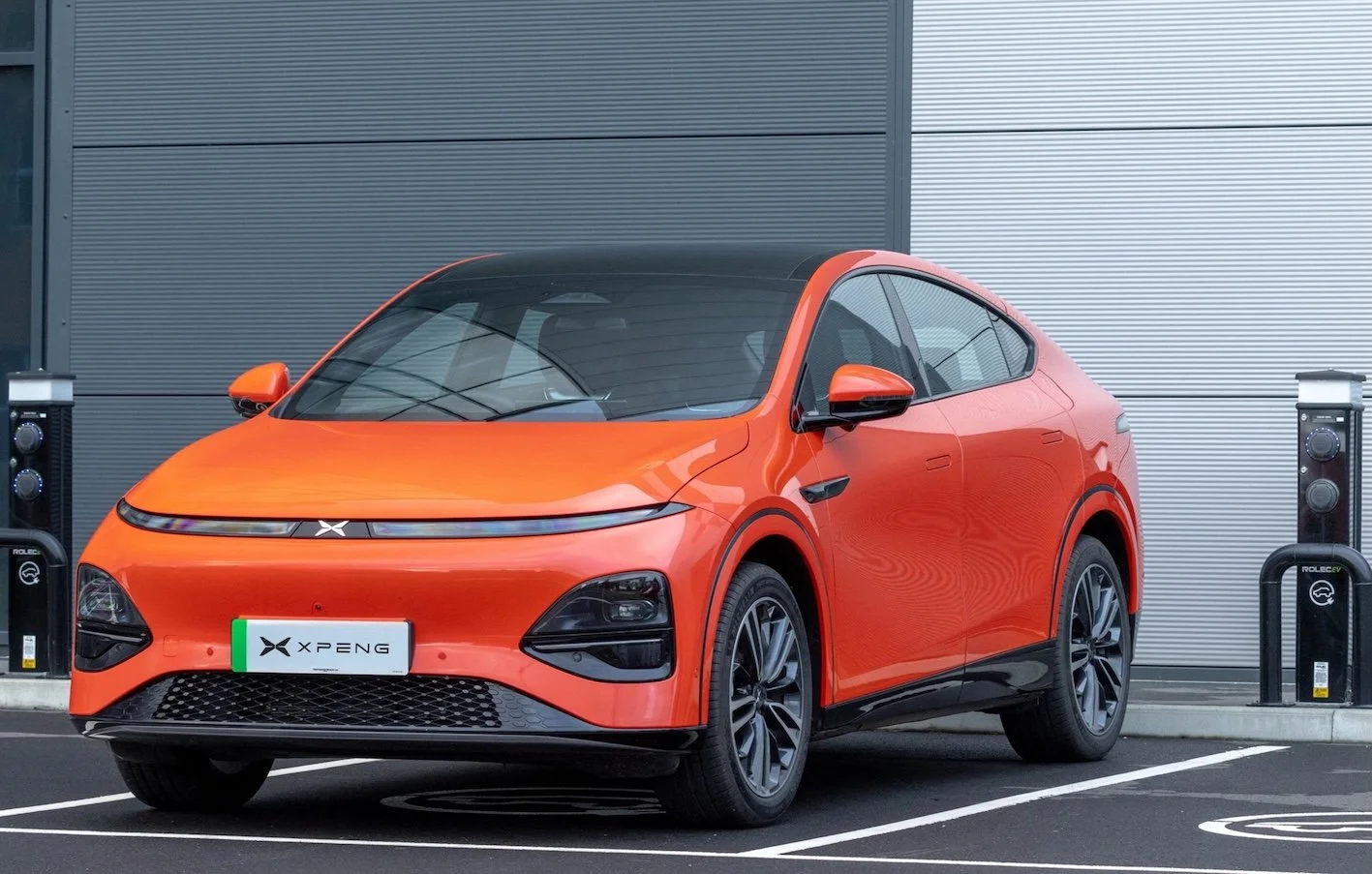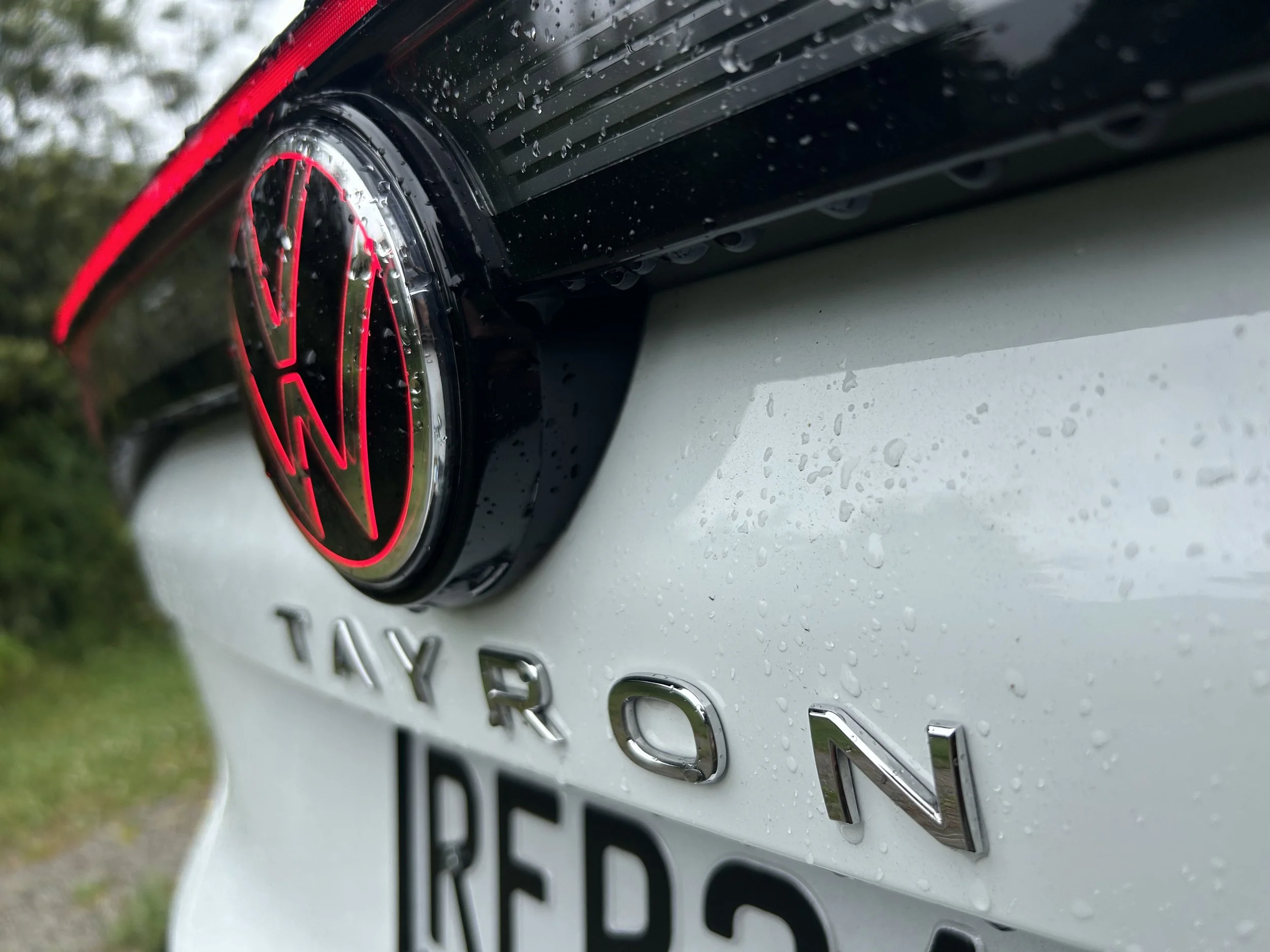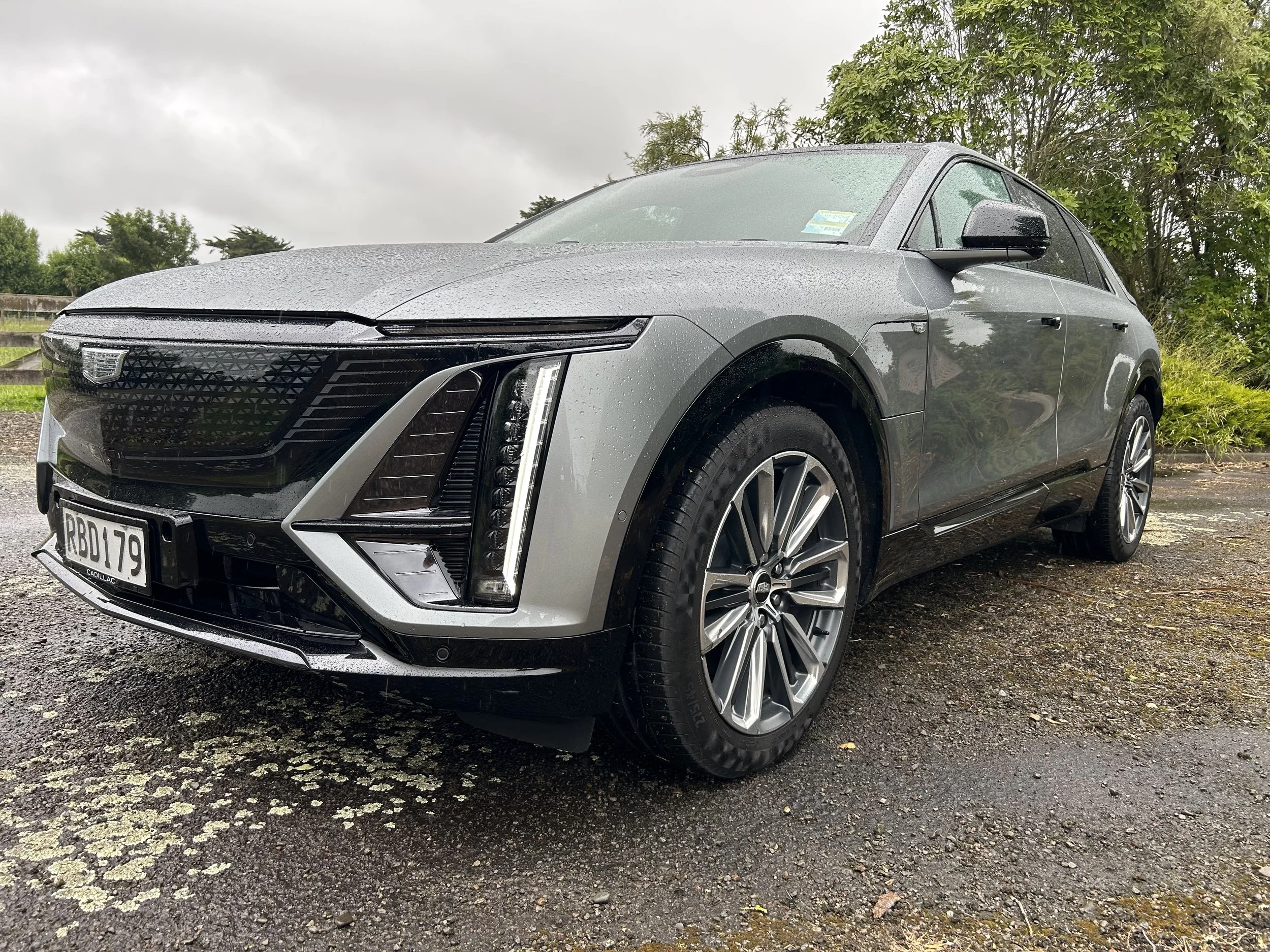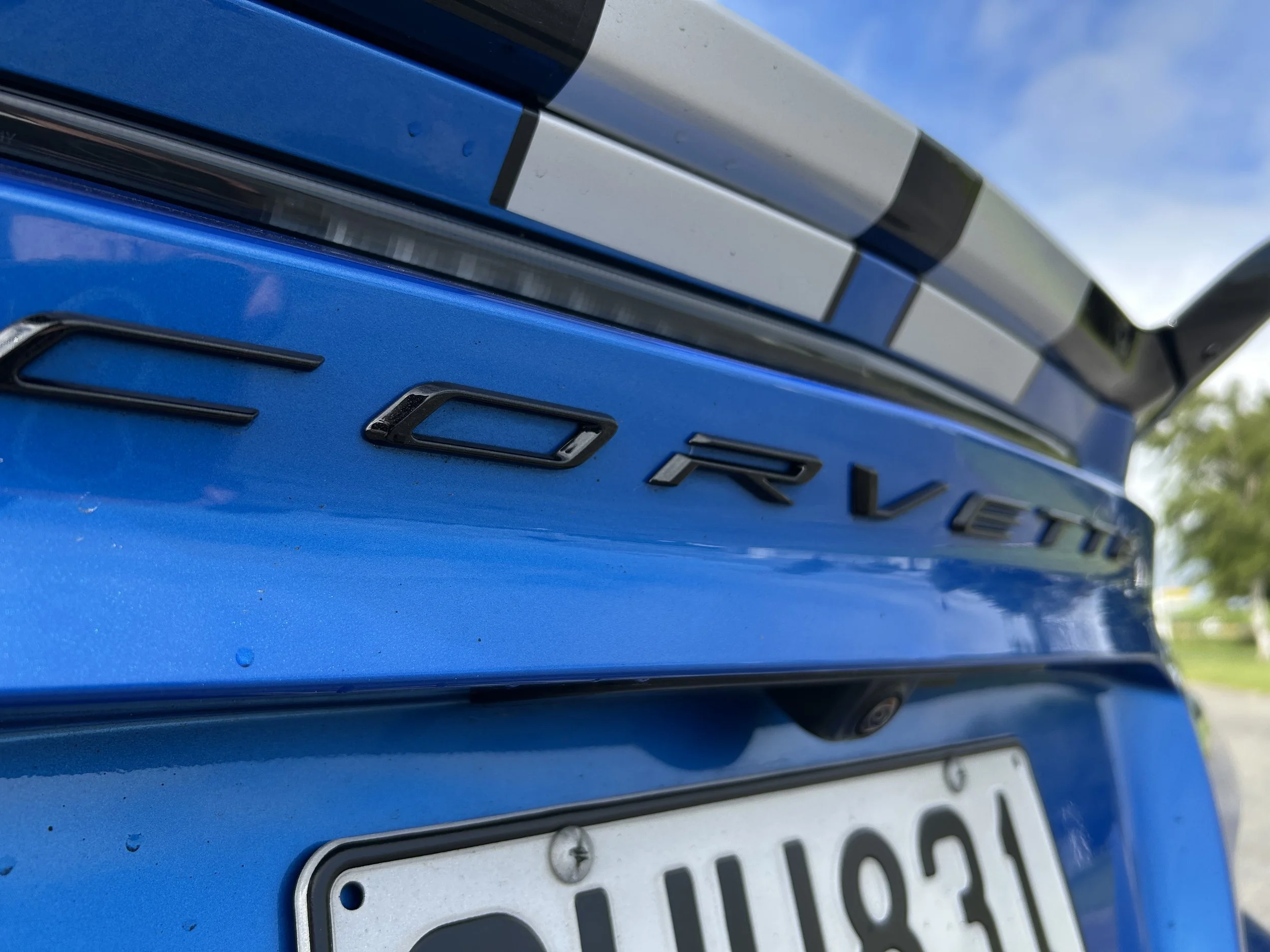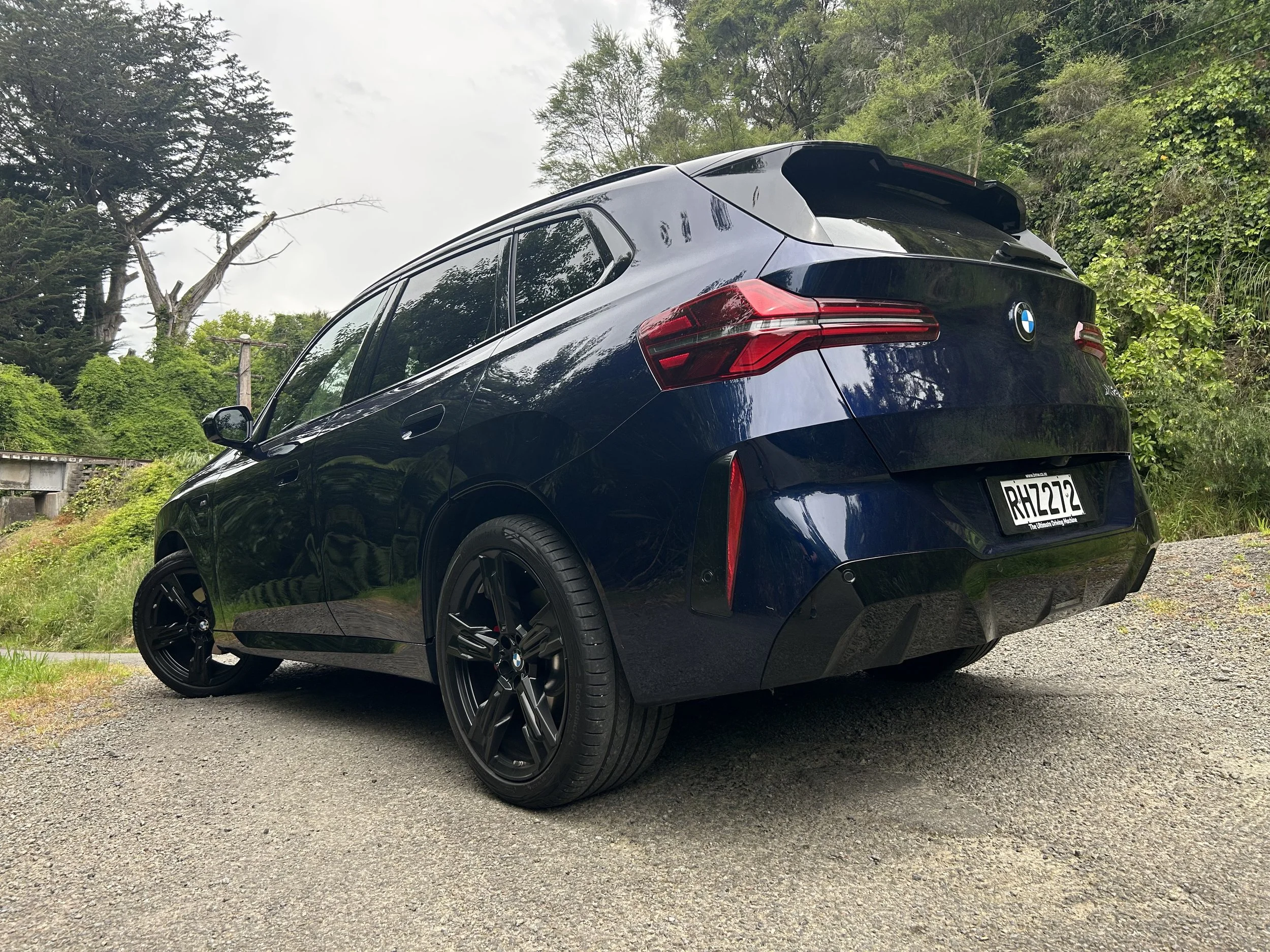Time for cash for bangers
/Vehicle scrappage – new car distributors say today’s massively depressed market provides the right climate for action.
Bangers for cash schemes have proven effective overseas.
FACED with a remainder of 2020 which is going to see demand for new vehicles remain tepid at best, distributors have turned to the Government for help.
They’re seeking fast-tracked introduction of new policies to boost demand - incentives to compel the public to buy into fuel-efficient vehicles allied with others to remove old polluting and potentially unsafe vehicles from the scene.
The Motor Industry Association, the organisation that represents the new vehicle industry, is leading the push.
What spurs this all the more is a dire registrations outcome for April. A sector in lockdown put 90 percent fewer new passenger and light commercials vehicles into public use than it managed in the same month of last year. Year-to-date the market is down 32 percent.
“The Government can play a decisive role in lessening the economic pain we are feeling,” said chief executive David Crawford.
The removal of older vehicles from the roads is hardly unknown. The United Kingdom and many European countries in particular have such ‘bangers for cash’ programmes in place, usually with the dual aim of getting rid of older and more polluting vehicles, improving safety and, of course, stimulating sales of newer – ultimately brand-new – new vehicles.
david crawford
New Zealand has no such thing and this has contributed to the average vehicle age approaching 15 years. For example, the average of vehicles in the United Kingdom is just over eight years, and in Australia and the United States it is just over 10 years. The average age here now is, in fact, higher than it was before NZ accepted used import cars. Lowering the fleet age was given as a reason why ex-Japan used cars were allowed here.
Around four million vehicles are thought to be registered in New Zealand. It’s thought around 68 percent are less than 18 years old. Twenty-one percent are aged between 18 and 27 years. That means we have at least a million vehicles on our roads aged more than 20 years and with exhaust emissions many times higher than modern-day vehicles, and potentially with safety issues as well.
Saus Crawford: “We all know we have an old fleet with numerous polluting and unsafe cars roaming our roads.
“We believe it is time for the Government to provide financial incentives to remove the vehicles which are older than 20 years of age and/or where their exhaust emissions standards are the equivalent of Euro 3 or less.” (Euro 3 is a globally-recognised emissions standard introduced, first in Europe, in 2006).
He added such a move would be in line with New Zealand’s new road safety strategy and the Government’s climate change objectives.
For all that, scrappage is an issue that various administrations have considered for years.
the higher the quality of the fleet, the better the safety standard
Two trials were conducted by the Ministry of Transport, the first in 2007 and another in 2009. The first was in Auckland where owners of old clunkers were invited to hand in their vehicles in return for $400 worth of free passage on the city’s bus and train services. A total of 253 vehicles were scrapped. Organisers determined the benefits of the trial exceeded its $102,800 cost.
The second trial was in Wellington and Christchurch, where owners were paid the scrap metal value of their vehicles plus $250 worth of public transport passes. They also went into a draw to win a new Toyota Corolla.
A total of 349 vehicles were collected, but officials decided the whole thing was not cost-effective due to the low number of vehicles received and the relatively low overall social and environmental benefits relative to the trial’s cost.
Since then nothing else has been tried.
That’s been in stark contrast to other parts of world where scrappage schemes have been introduced. In the UK, for example, the Government introduced a scheme in 2009 where owners of old cars were offered the equivalent of around $6000 to get rid of them. Various car companies have also implemented their own scrappage schemes, most recently in 2017.
Last year our Government looked at a total of 11 potential new policies aimed at reducing New Zealand’s greenhouse gas emissions – and one of those was the introduction of some form of scrappage scheme. Incentives considered included supply of public transport passes, and credits towards the purchase of either a cleaner car or some other form of transport such as an e-bike.
older cars are also generally more problematic for exhaust emissions
But that idea didn’t progress much further, with the Government opting instead to concentrate on the so-called feebate scheme that would financially encourage motorists to buy low-emission vehicles via rebates, and discourage purchases of more fuel-hungry vehicles via fees.
The only thing that happened in relation to scrappage was a statement from Associate Transport Minister Julie-Anne Genter that the subject had been passed on to the NZTA, and that she expected to hear back from the organisation in a few weeks.
That statement was in October last year.
Meanwhile New Zealand’s vehicle fleet is getting progressively older – average age was 11.7 years in 2000, 14.4 years in 2017, and today 14.9 years. Should we be proud of this?
some car brands in the uk remain avid advocates of scrappage.









